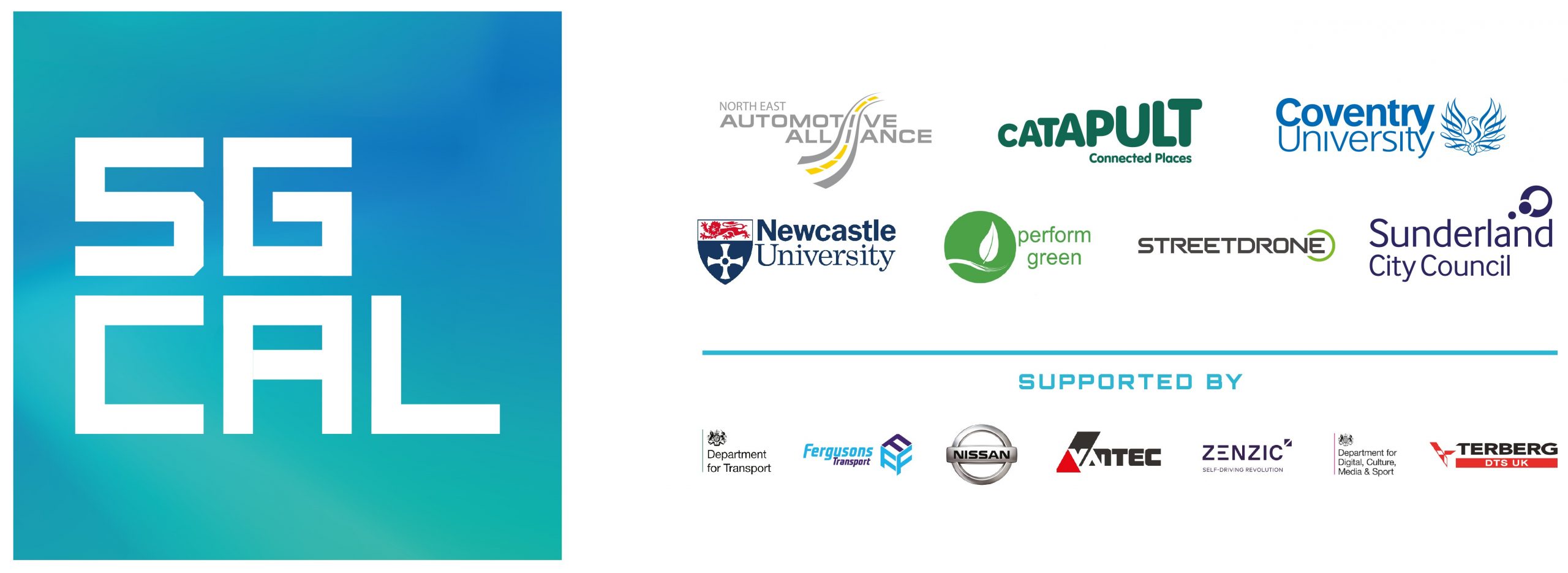Problems on the Edge : This is the first in our series of Articles on Insight to Innovation
How many times have you confronted a problem and tried to Google it? Since the search engine took off in 1998, recently celebrating its 23rd birthday, it has grown to processing around 6.9 billion searches every day. Other search engines exist, of course, and their daily use shows how essential it is as a tool for work and daily life.
Now imagine that you can’t Google the answer to your issue.
Being on the cutting edge of research means that sometimes you encounter problems that no one has encountered or been able to solve yet. Problems like this are why innovation projects are funded in the first place; we don’t know the answer, but we need to know it to progress or change course.
The UK Innovation strategy (July 2021) believes that the UK is in a unique position to lead a renewed global spirit of innovation. To do this, it will build on our remarkable existing innovation system, ranked fourth in the world on the Global Innovation Index.
We have world leading assets:
- One of the greatest innovation heritages in the world, having birthed modern science in the 17th century and transformed it in the 20th.
- Are a global home to several key sectors likely to transform our world in future decades, such as life sciences, AI, and quantum.
- A home to high-employment, high R&D investment sectors such as automotive and aerospace, who are key players in new technology development in projects such as 5G Connected Automotive Logistics (5G CAL).
- We have Europe’s best venture capital markets, with the highest volume of investment into tech companies in 2020 at $14.9 billion, and one of the leading centres of global finance.
- The birthplace of 100 innovative companies exceeding $1 billion, more than France, Germany and the Netherlands combined.
- The world’s leading university system, with four of the top ten universities in the world and 18 in the Top 100.
- Have a scientific language and an inclusive culture, attracting international talent.
- Diversity of funding sources for R&D, including a wealth of research charities such as the Welcome Trust, Cancer Research UK, and the British Heart Foundation. Our national academies provide grants, prizes, and fellowships to support and celebrate research, development and innovation activities
- We have a global reputation for R&D excellence and leadership and a global network supporting collaboration and innovative business, expanding the potential for UK innovation.
Perform Green were one of the recipients of funding for an R&D project (5GCAL), we knew that it would be inevitable that one of the issues we were going to encounter 
Our top tips for Innovation are:
1. Be scientific. The scientific method has been around a long-time. Testing a hypothesis and recording results, then changing a variable and testing again is precisely what helps us zero into the answer and identify the problem. We used this too identify why our 5G Network was suffering signal loss, that is failing to hand over signal between radios. We established a testing regime that took us through the problem one step at a time. As it turned out, our installation occurred in 3 phases, resulting in slightly different configurations generating conflicts on the network. once we uncovered this, we could proceed.
2. Be open to new solutions. Thinking there can be only one right answer might land you on the first thing that works or solves the initial problem you’re having but might not be the best solution overall. For example, we discovered during the build phase that there was a possibility of Great Crested Newts close to our build site. The risk of impacting this highly protected vulnerable species meant we paused construction while carrying out detailed ecological assessments. However, with a little lateral thinking were able to flex the project plan and continue to deliver the use case maintaining momentum and delivery.
3. Collaborate. It’s true that talking about a problem can help you frame it and sometimes even fix it! By collaborating with different specialisms across the 5G Trials and Testbeds network, we can sometimes get a different perspective on an issue, and even help someone else solve their problem! Sometimes phone a friend works!
4. Try again. Rita Mae Brown said, “Insanity is doing the same thing over and over again, but expecting different results,” however, perhaps the first time the conditions weren’t quite right. Technology being developed is not as robust as rigorously tested technology, by default. Extending our knowledge into new areas requires that sometimes, we double check those dead ends to make sure they really don’t go anywhere, and sometimes you get surprised when they do lead somewhere new!
This is the first in our series of Articles on Insight to Innovation.
Follow us on twitter (@PerformGreen) and Linkedin (Perform Green Limited) for new Articles in our series on Insight to Innovation, Successful Innovation, Advanced Connectivity Enablement and Creating a Green and Smart Society.


